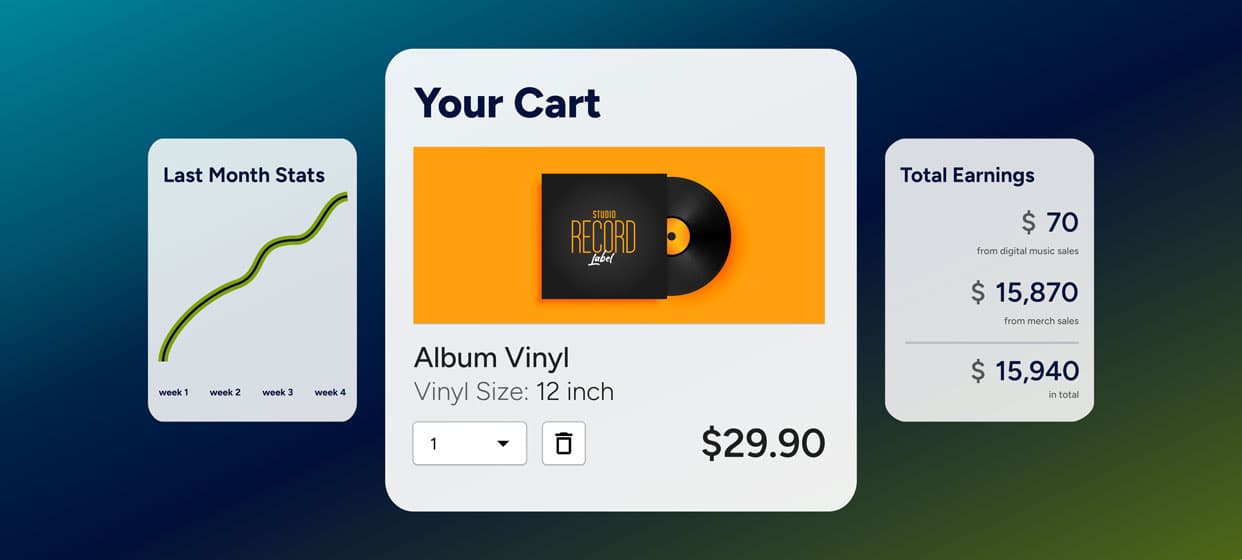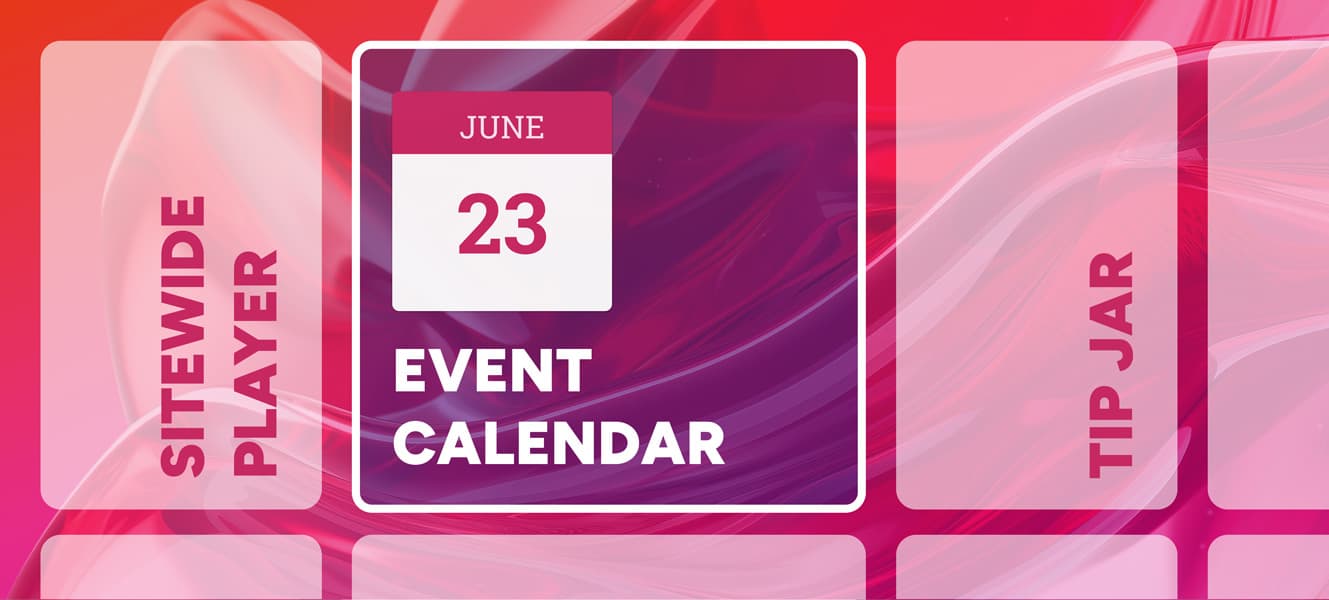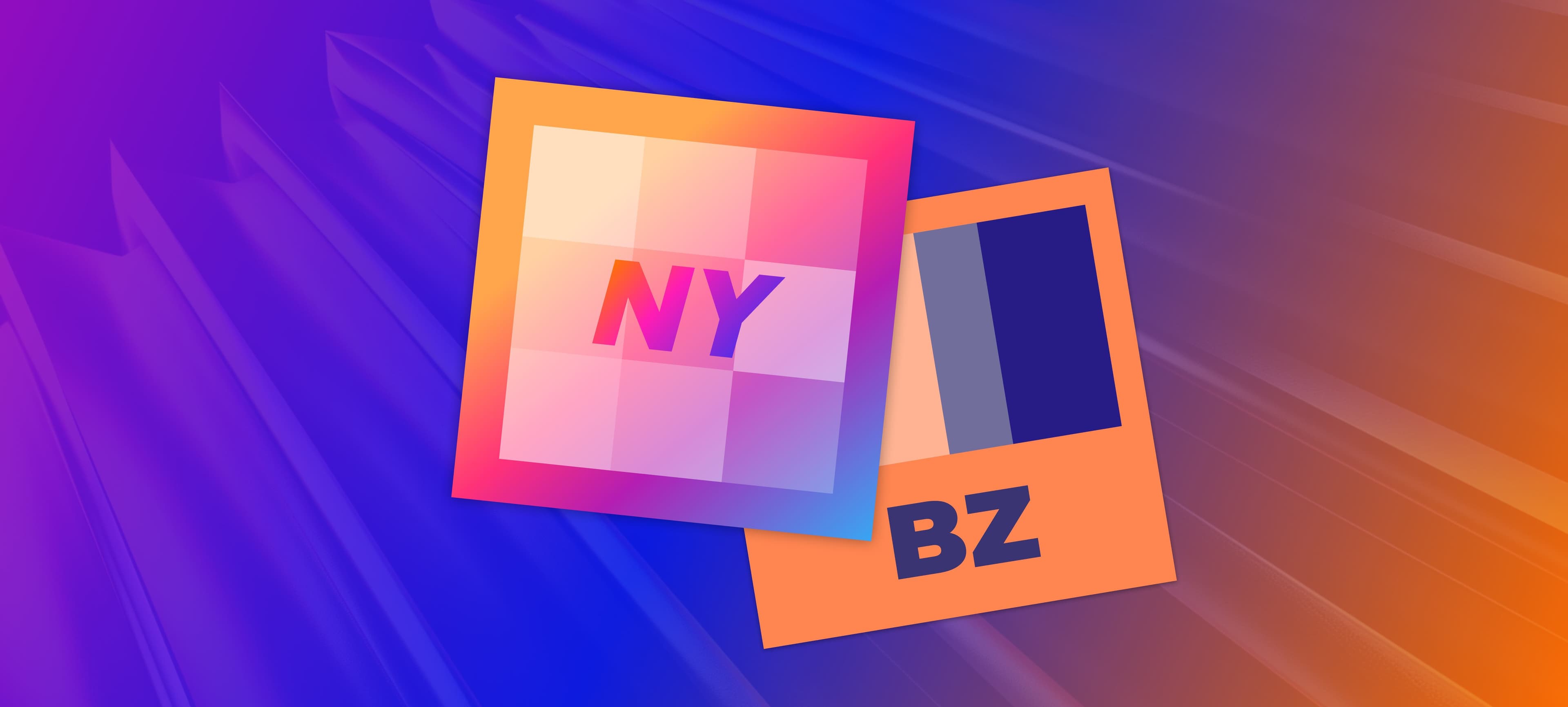BACK TO BLOG
The Ultimate Musician Website SEO Checklist (2025 Edition)
![[object Object]: the words seo checklist on a blue background](/_next/image?url=https%3A%2F%2Fnoiseyard.nyc3.cdn.digitaloceanspaces.com%2Fnoiseyard%2Fuploaded-images%2Fuploadedimage0405251597537564.jpg&w=3840&q=100)
Want your band or music project to actually show up when someone Googles “indie band in Austin” or “wedding DJ Berlin”? That’s what music website SEO is all about! Making it easier for fans, promoters, and venues to discover you online.
The good news: you don’t need to be a tech expert. This SEO checklist for musicians covers simple but powerful steps you can take to improve your visibility. And if you’re building your site with Noiseyard, many of these boxes are already checked for you automatically.

▢ Use your artist name on the homepage
Your homepage should include your artist name and genre in plain text - not just in images or logos. This helps Google understand what your site is about.
Example: Luna Waves is an indie pop artist based in Chicago.
✨ Noiseyard tip: We automatically include your artist name in the homepage text, even if you upload a custom logo.
▢ Write an SEO-friendly bio (About Page)
Your bio is one of the most important pieces of SEO metadata on your site.
Include your artist name, genre, and key descriptors in the first 150 characters. Google and Spotify both prioritize this section when scanning for keywords.
More tips here: How to write an SEO-friendly artist bio
You can edit your bio directly from the "About" page in your Noiseyard dashboard.
▢ Add alt text to all images
Alt text tells search engines what your images are about. It acts as a brief description of each image, helping Google understand your visuals and improving how your site ranks for image-based searches.
It also makes your website more accessible to people using screen readers.
If you're not using Noiseyard, make sure to manually add alt text to each image you upload. This helps search engines understand your visuals and improves your site's ranking.
✨ Noiseyard tip: Alt text is auto-generated when you upload media, so your visuals already support your SEO.
▢ Use a custom domain name
Instead of using yourband.noiseyard.com, upgrade to a custom domain like yourband.com or yourbandmusic.com.
This is one of the simplest (and most important!) SEO steps you can take as a musician.
A custom domain matters a lot, because:
Professional first impression → Venues, fans, and press take you more seriously.
SEO authority → Google favors branded domains over subdomains.
Easy to remember → Fans are more likely to type yourband.com into their browser than recall a longer link.
Future-proof → Even if you ever switch platforms, you keep your domain. That means no broken links or lost SEO history.
✨ Noiseyard tip: You can connect your own domain with just a few clicks to your Noiseyard site. And if you don’t already have one, we gift you a free custom domain at the end of your trial - so your site always looks professional and SEO-ready.

▢ Link to your site from social media
Add your website link to your:
Instagram bio
TikTok profile
YouTube
Twitter/X profile
The more places you link to your site, the more search engines trust it.
▢ Share your site often
Share your website in anywhere your audience hangs out:
Music-related Facebook groups
Reddit threads
Discord communities
Your email signature
Each mention creates signals for Google and can lead to new backlinks.
▢ Write blog posts (even short ones!)
Blogs help you rank for more keywords. You don’t need to write essays - just post updates, track breakdowns, or thoughts on your creative process.
A few simple ideas to get you started:
Tour diaries
Track breakdowns
Studio updates
Reflections on your creative process
More tips here: What to post as a musician: 15+ content ideas to grow your fanbase
✨ Noiseyard tip: You can publish blog posts from your Noiseyard dashboard under the "Blog" section.
▢ Get backlinks from other sites
Backlinks = SEO gold.
When blogs, magazines, other artists, or playlist curators link to your site, it boosts your authority in Google's eyes.
Encourage your fans to link to your site when they share your music online. Whether in blog posts, playlists, or even forum recommendations. Every link helps improve your visibility over time.
Try:
Submitting music to blogs
Collaborating with other artists and linking to each other’s sites
Getting listed on music directories
More info here: The SEO Guide for Musicians

▢ Make sure your musician website is mobile-friendly
Over 80% of music fans browse on their phones. Google also prioritizes mobile-optimized sites in search results.
✨ Noiseyard tip: Every Noiseyard website is fully mobile-optimized by default.
▢ Keep load speed fast
Site speed matters. Slow sites rank lower.
✨ Noiseyard tip: Our hosting is fast by design, with fast-loading infrastructure and image optimization!
▢ Structure your pages with clear headings
Headings help both humans and search engines understand your content.
Your homepage, blog posts, and bio should use headings properly: one H1 for the page title, and H2 or H3 for sub-sections.
This structure improves readability and boosts your SEO.
✨ Noiseyard tip: Your Noiseyard site does this automatically. But you can still use H2s and H3s in your About text or blog posts to organize your writing better.

▢ Use HTTPS and SSL for a secure site
Google favors secure sites that use HTTPS over HTTP.
A secure connection not only improves SEO but builds trust with your visitors.
✨ Noiseyard tip: Our websites come with HTTPS encryption and an SSL certificate automatically, so your site is always secure without you lifting a finger.
▢ Generate a sitemap and meta descriptions
Sitemaps help search engines crawl your website more effectively, while meta titles and descriptions impact how your site appears in search results.
Meta descriptions are the short previews people see on Google when your site appears in search. Including relevant keywords in these descriptions can increase your chances of getting clicked.
✨ Noiseyard tip: We generate these automatically so your site is indexed and displayed properly.

Already Using Noiseyard?
If you’re building your website with Noiseyard, most of these boxes are already checked: alt text, sitemap generation, fast hosting, HTTPS encryption, and mobile design are all handled for you.
You just need to:
Add great content (bio, blog posts, homepage text)
Share your site
Keep your info updated
Build backlinks over time
Conclusion
Search engine optimization isn’t just for businesses! It’s one of the fastest ways for musicians to get discovered by fans, promoters, and venues. With a few simple updates, you can turn your website into a tool that grows your fanbase and books you more gigs.
With Noiseyard, the technical SEO is already handled. That means you can spend your time where it matters most: telling your story, sharing your music, and connecting with fans.
Want the full deep dive? Read our guide: The SEO Guide for Musicians
Other Blog Posts

Marketing & Promotion
What to sell as a musician online (From essentials to creative extras)

Music Career Advice
Why Every Musician, Band, or DJ Needs a Website: A Comprehensive Guide

Website Tips
10 website features every musician needs to grow in 2025

Marketing & Promotion
Noiseyard vs Bandzoogle: Which one stands out for musicians
Useful tips and tricks, delivered right to your inbox.
Join our newsletter to keep informed about Noiseyard updates and new blog articles. You can unsubscribe any time.